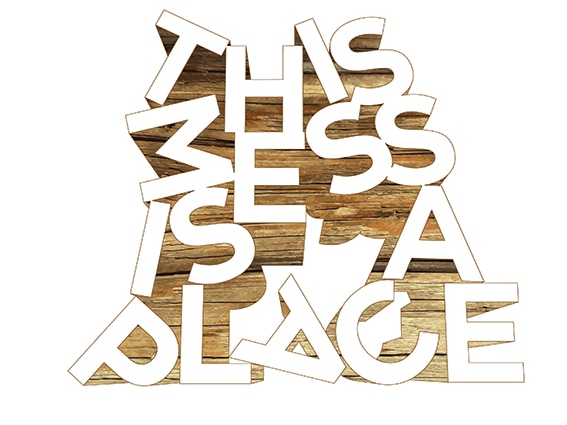|
Many of my clients are familiar with the terms “mess” and “messiness”; it refers to anything that makes you uncomfortable. As beautiful human beings we really don’t like to be uncomfortable and we put a lot of energy and effort into creating distance between ourselves and what makes us uncomfortable. This “distance” takes many forms; it could literally be distance, like when you choose not to travel to see someone or do something because we are not comfortable with it (“So sorry we can’t make the escape room event this Saturday!”). It could be distance in terms of how present or engaged you are right there in the moment of your discomfort, mentally “checking out” so you don’t have to feel it or fully participate within it. Sometimes it may be putting huge energy reserves into “gearing up” to face the discomfort head on, white knuckling your way through it…but never actually resolving the source of the discomfort (just hoping you’ll never have to do that again...like presenting in public). ...remember taking “Mess Acceptance 101” class in school? Nope, me neither..." Sound familiar? We all do this, none of us are immune to mess or discomfort. Everyone’s triggers for discomfort are different and everyone’s thresholds for mess are diverse (one person’s “mess” is another person’s sanctuary). One thing applies to us all equally; if you don’t attend to what makes you uncomfortable it will always be waiting for you. This reality is often inconsistent with our expectations; we are taught (here in North America) that if you work hard and do your best good things will happen. This is true, at least from the perspective that if you DON’T do those things it is likely nothing good will happen…but working hard etc. isn’t the complete answer. The complete answer includes becoming intimate with discomfort, being able to sit in the mess of unwelcomed feelings and sensations, overriding our Palaeolithic sensibility to “fight, flee or freeze” at the subtlest onset of discomfort. Don’t you remember taking “Mess Acceptance 101” class in school? Nope, me neither, so it is up to each of us to develop this ability for ourselves, which is made even more difficult when you may have bought into the fairy tail that “mess” is bad and “comfortable” is good. ...comfort can also enslave us, spurring us to defend this “comfort” at any cost..." Discomfort and comfort are both good and bad. Mess, discomfort, the unknown, etc. are all places that induce a degree of anxiety, but without them we have no access to creativity, innovation and growth. As an example, it may be hard to link your dislike of a misogynistic boss with your creativity and learning, but look at it from the perspective that your boss will not be the last misogynistic person you have to work with or for. How empowering would it be to learn how to make the very best of this situation? To be able to rise above the discomfort of working with this awful individual, and be able to enfold them compassionately into your process, enabling greater outcomes? It doesn’t mean you have to like you misogynistic boss, only that you are willing to accept this circumstance and it’s implications, finding creative solutions that allow the individual to be who they are and not negate your gifts. This is not an easy path, but it is one that holds growth for you. It is something you will never regret that you learned how to do (and you can apply it in so many useful places in life). But, you need to be able to sit in the mess to get there. I mentioned that comfort could also be both good and bad. We love comfort and certainty; we love “knowing”; knowing we are doing the right things, knowing we are valued, knowing we are capable, etc. However, comfort can also enslave us, spurring us to defend this “comfort” at any cost, creating casualties out of new opportunities (making us aggressively resistant to any feelings of discomfort)…or entombing us in a static rut that cuts us off from our enjoyment of the status quo (boredom and under stimulation). Like the proverbial serpent eating it’s own tail, this continuum of comfort/discomfort has both opportunities and setbacks to offer. You learn to control the effect the mess has on you, rather than allowing the mess to control you. What this indicates is that in finding our own equilibrium in life we must be willing to balance all the variables that comprise mess, the positive and the negative, and to do what is needed to become one with the mess. This does not mean you have to become comfortable with discomfort; what it calls for in you is to build new capabilities that allow you to stay in something messy with an open mind and heart, allowing you to fully explore it for all it’s pitfalls and opportunities, even while you are experiencing discomfort. You learn to control the effect the mess has on you, rather than allowing the mess to control you. You will be better able to see the AND in each situation as it arises, no matter how stressful (i.e. I can be very nervous to speak in public AND still deliver a valuable presentation). It is only when you become more capable of staying with the messy things in life that you will experience greater access to self-assurance, worthiness and happiness. Discomfort will always be there in work and life - that is an inevitability. What are you willing to learn from it?
Find your happy-mess. Comments are closed.
|
|
|

